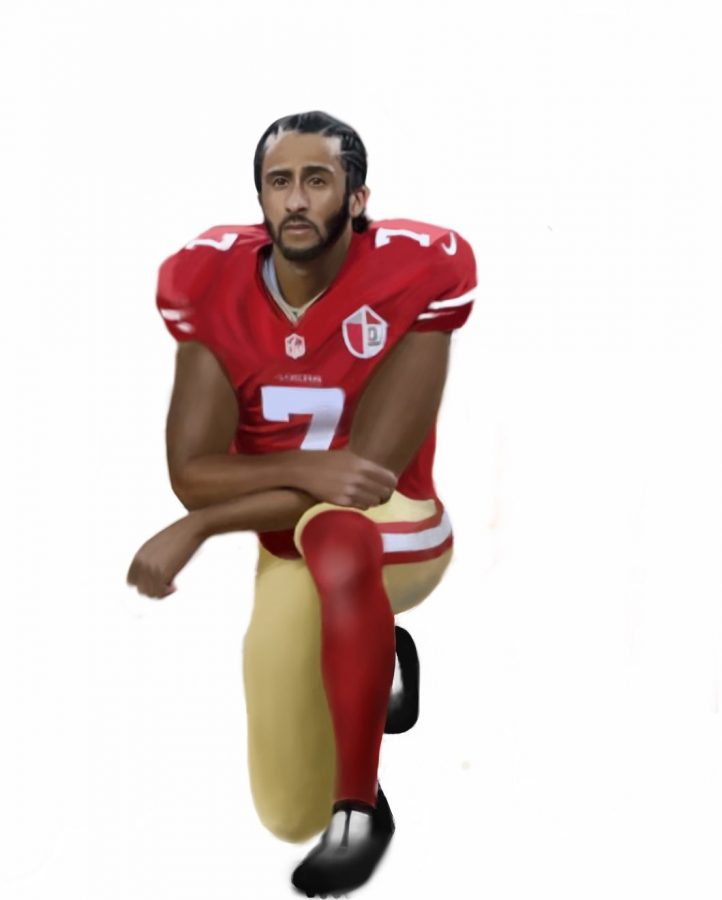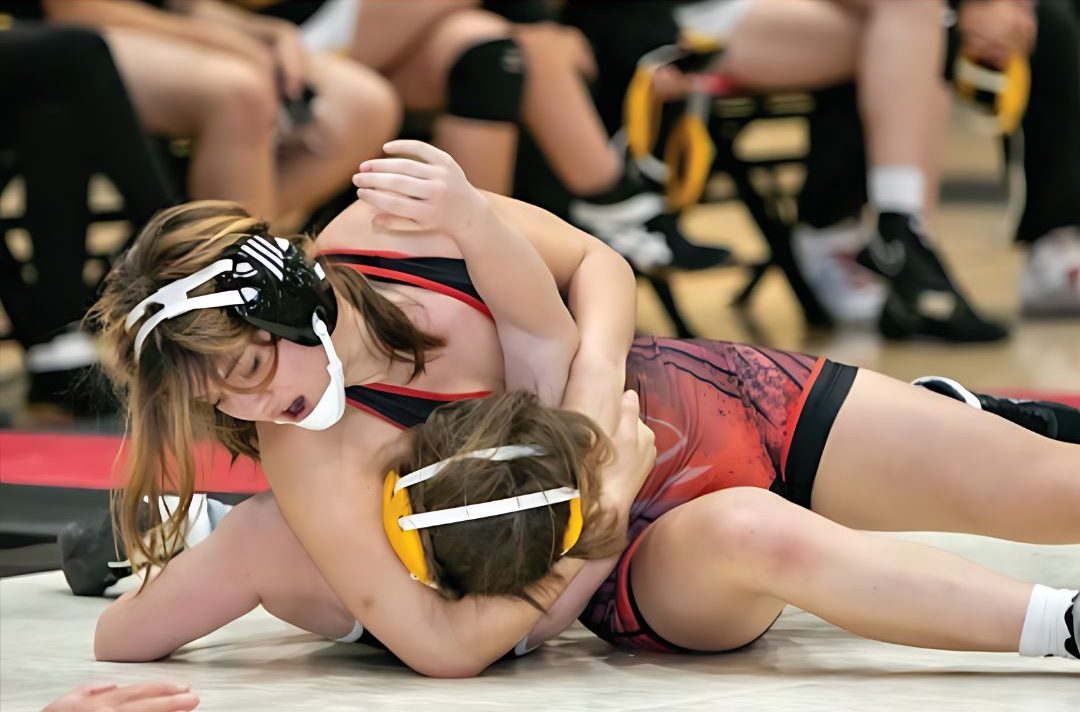Written by Samuel Tse
Unpatriotic. Unsportsmanlike. Disrespecting the country and the flag. These are some of the phrases that have been used to describe National Football League (NFL) quarterback Colin Kaepernick over the past month after his decision to kneel during the national anthem before his football games. These words have attempted to hide the overall message that Kaepernick is trying to send, which brings light to an important issue facing America about racism and discrimination.
Kaepernick should be allowed to kneel during the anthem based only on his First Amendment rights. The First Amendment states that there should be no law prohibiting the free exercise of speech, press and assembly, giving Kaepernick every right to protest in his own way. His protest neither hurts nor harms anyone else, though it certainly has caught the attention of the nation.
His protest also brings attention to many of the racial issues that plague America today. Police shootings in recent months have led to a rise in movements and organizations such as Black Lives Matter as well as overall awareness of modern-day discrimination. Kaepernick has stated that he won’t stop kneeling until there is progress. “I want these things to change,” he said in an interview with USA Today. “I do know it will be a process, and it is not something that will change overnight. But I think there are some major changes that we can make that are very reasonable.” Kaepernick is doing his best to push along the process of change by generating awareness about the brutality faced by minorities, and is succeeding.
In addition, the protest has had a far-reaching effect on players in the NFL, National Basketball Association and even high school sport teams. Currently, 73 percent of the NFL is populated by minorities, 68 percent being African-American, according to a 2015 census of the league. Kaepernick’s protests have certainly resonated with many of them, as other players have begun participating in their own forms of protest by raising their fists or linking arms as a team during the national anthem.
In a recent poll done by E-Poll Marketing Research, Kaepernick was voted as the most disliked player in the NFL by 36 percent of all survey respondents. While it may seem like America is denouncing Kaepernick’s actions, a closer look at the statistics reveal a racial divide. African-Americans, who consisted of 15 percent of all respondents, had a very positive opinion of Kaepernick with only two percent stating they disliked him. Meanwhile, 37 percent of all Caucasian respondents said that they disliked Kaepernick. African-Americans are very much in support of Kaepernick, showing that his protests are not in vain. While his actions may not have a direct effect on lawmaking, they have raised plenty of awareness as shown in the poll, in which 40 percent of the respondents knew who Kaepernick was versus two years ago when the poll was last conducted, in which only 24 percent of respondents knew who he was.
Too much attention has been directed at the protesting athletes, rather than at the actual issues that are causing these protests in the first place. America needs to improve the damaged racial relations created by violence and hatred toward innocent people. Thus, we must focus on Kaepernick’s message, not his method of protest.










